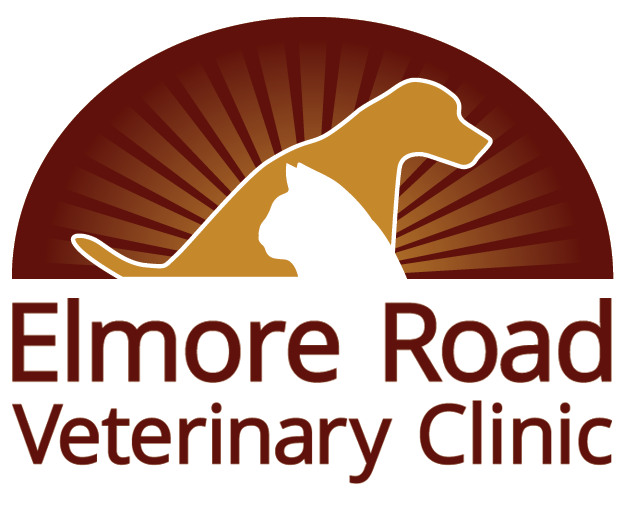It’s All About the Mouth – The Importance of Dental Hygiene for Dogs and Cats
Have you ever had a toothache, or forgotten to pack your toothbrush for a vacation? Imagine never being able to brush your teeth, or visit a dentist to relieve your pain. Dental plaque and tartar can cause serious issues with teeth, and jaw bones, if allowed to accumulate. Dental hygiene is as important for dogs and cats as it is for people, and the best way to avoid serious complications from dental disease for pets, and people, is daily toothbrushing and regular professional dental cleanings.
Learn how to brush your pet’s teeth
Toothbrushing forms the basis of regular dental care for pets, but few owners take the time to perform this important daily task. Learning how to brush your pet’s teeth may seem intimidating, but with patience and persistence, almost every pet can learn to accept, and enjoy, the extra attention. Start with baby steps:
- Buy a pet-safe toothbrush and toothpaste — Virbac makes toothbrushes of different sizes, and toothpaste in different flavors, perfect for any dog or cat. An allergy-friendly toothpaste is available for pets with food allergies. Human toothpaste should not be used, as it contains ingredients that can be toxic to pets.
- Start small — Introduce your pet to toothpaste by placing it on the toothbrush and letting her lick it off. Do this every day at the same time in the same place (e.g., a bathroom counter is perfect for cats) to develop a routine.
- Get your pet used to the brush — Once your pet is used to the routine, begin using the brush on her teeth. Focus on the outside surfaces, since that is where the majority of tartar accumulates. Start conservatively, giving her a treat, or allowing her to lick the toothbrush as a reward for her cooperation.
- Gradually increase the time between rewards — Over several weeks, increase the ratio of toothbrushing to treats. If your pet seems to resent this, revert to the shorter time until she is eager again.
- Keep sessions short and sweet — Every toothbrushing session should last only one to two minutes. Never force your pet to do more than she wants, and try to end each session on a good note, despite not all her teeth being cleaned, which will ensure her continued participation.
This ritual will eventually become a treasured time for you and your pet, who will look forward to your undivided attention.
Schedule regular professional dental cleanings for your pet
Daily toothbrushing at home doesn’t mean that your pet will not need regular professional dental cleanings, which we always perform under general anesthesia. Some pet owners may be tempted to pursue an anesthesia-free dental cleaning, but our team can only perform a thorough oral exam, completely clean every tooth, including the portion under the gumline, and take dental X-rays to find every problem, if your pet is anesthetized.
Plaque, which is caused by bacterial growth in the mouth, is generally soft and easy to remove in the first 24 hours, but then mineralizes to form tartar, an extremely hard substance that is difficult to remove from teeth without professional equipment. When tartar builds up around the teeth, bacteria grow underneath the gumline, leading to bad breath and gingivitis. Pets left untreated may develop advanced dental or periodontal diseases, such as tooth-root infections or abscesses, that can in turn increase the risk of heart, kidney, and liver diseases. Dental disease also causes pain in affected pets, who often give no clue that they are in constant discomfort.
Most pets require a professional dental cleaning once a year, although pets at higher risk for dental disease may need more frequent care. Due to genetics or the shape of their mouths, certain dog breeds are more prone to dental issues. These breeds include:
- Collies
- Pugs
- Boxers
- Yorkshire terriers
- Shih tzus
- Chihuahuas
- Dachshunds
Establishing an at-home dental-cleaning regimen, and scheduling regular dental checkups, are vital for these breeds.
Your pet’s dental-health regimen goes beyond fixing her bad breath. Your bond with your pet is strengthened, potentially serious illnesses can be prevented, and her general well-being is improved. Make an appointment with our veterinary team if you need help establishing an at-home dental regimen, or to schedule a professional dental cleaning for your furry family member.

